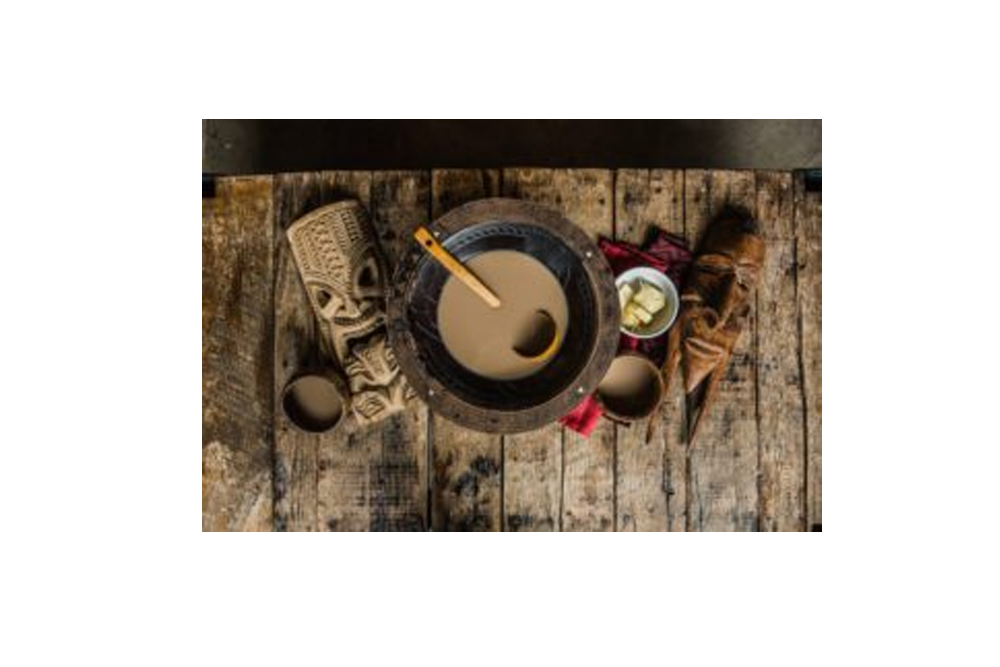
For the dedicated and loyal customers at Bula, drinking kava plays an important role in helping them find peace and relaxation in otherwise busy lives. Our customers drink kava to help ease anxiety, reduce stress, alleviate aches and pain, and to sleep better at night. But many people around the world still harbor misconceptions about negative kava side effects.
Those not familiar with the many benefits offered by drinking kava may find themselves subject to believing the different rumors and misinformation that surround kava. The legality, affects, and kava side effects associated with drinking kava tea can seem confusing to many people who only glimpse a small part of a much larger picture. For the uninitiated interested in separating fact from misconception, let’s dispel a few common kava myths.
Kava Causes Liver Damage
Let’s start with the biggest misconception about kava, and the root of why so much confusion surrounds the plant – Drinking kava causes liver damage.
When properly harvested, packaged, and brewed, kava is perfectly safe to consume. However, if the kava is incorrectly mixed, ground, or otherwise contaminated during the harvesting and packaging process, the beverage can present some level of toxicity. That’s why at Bula Kava House, we always test our kava for purity before we ever sell any of our product. You can always feel comfortable knowing that any kava you buy from the Bula online store has undergone comprehensive testing to ensure it’s safe to consume.
You may have read headlines stating that research has found kava toxic to the liver. Yes, a few older studies did find that kava had negative effects on the liver. But in the years since that research was conducted, it has been shown that those studies were poorly executed and the findings were invalid. Today, the National Library of Medicine lists the actual frequency of liver damage associated with kava at 1:1,000,000 doses.
Additional research has found no evidence that kava presents any danger to liver health when free of any contaminates. So, any claims that drinking kava can harm your health are simply not true.
Kava is Illegal in Europe
Another common misconception states the kava is illegal in Europe and only remains legal in the U.S. because of various FDA loopholes.
While this couldn’t be further from the truth, this myth is based somewhat in fact. When a contaminated batch of kava was released and consumed in Europe during the early 2000s, 26 cases of liver poisoning were reported. While only three of these cases may have had actual ties to kava consumption, the perception that kava caused liver poisoning led Germany to ban the sale of all products containing kava.
Because the ban was linked to contaminated kava, Germany eventually lifted the ban on kava products. Unfortunately, the damage had already been done to kava’s reputation. Even though Germany was the only country to apply a ban on the sale of kava products, news of the ban created a false perception that kava was made illegal in most parts of the world. In truth, kava was not banned or ever made illegal in the U.S. and the majority of Europe.
Today, you can freely buy kava in the majority of countries worldwide.
Drinking Kava is Like Drinking Alcohol
Kava and alcohol have very different effects on the body and the user’s mood. At its root, alcohol is a depressant. It depresses the areas of the brain that controls speech, movement, judgement, and inhibition. Drinking an excess of alcohol can impact vision, memory, and motor function.
Alcohol also dehydrates the body, which contributes to feeling hungover the day after drinking a lot. The overuse of alcohol has been clinically proven to cause liver damage, along with heart damage, pancreatitis, and frequent infections.
While drinking kava and alcohol both have mood altering effects, the two beverages couldn’t be more different in how they affect the body and how they impact mood and motor control.
Consuming kava can help improve sociability in a manner similar to drinking alcohol, but the comparisons end there. Many of the people who visit our Portland kava bar actually drink kava as an alternative to alcohol, not as a substitute.
Drinking Kava Will Cause You to Hallucinate
For centuries, kava has played an integral role in important ceremonies performed across many distinct cultures. From celebrating a new marriage to honoring a king as he takes the crown, kava has helped to unify these special occasions by elevating mood, promoting calm, and providing a sense of community.
Drinking kava does not cause hallucinations or open your third eye. While hallucinogens like peyote have played in role in some culturally significant ceremonies for certain groups and religions, kava doesn’t possess the same mind altering compounds.
Kava consumption is meant to help unify, uplift, and inspire, not lead you down the rabbit hole.
If you have any questions about kava side effects or what drinking kava can do for you, make sure to ask down in the comments.
